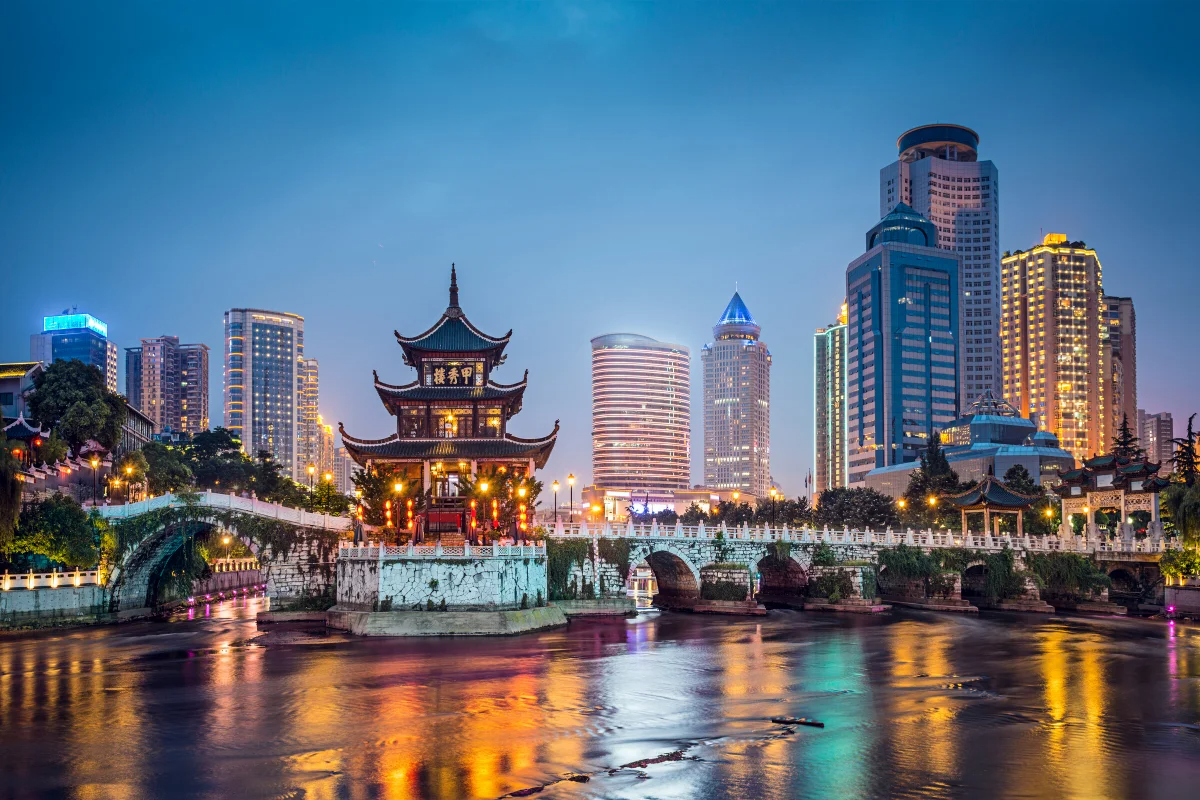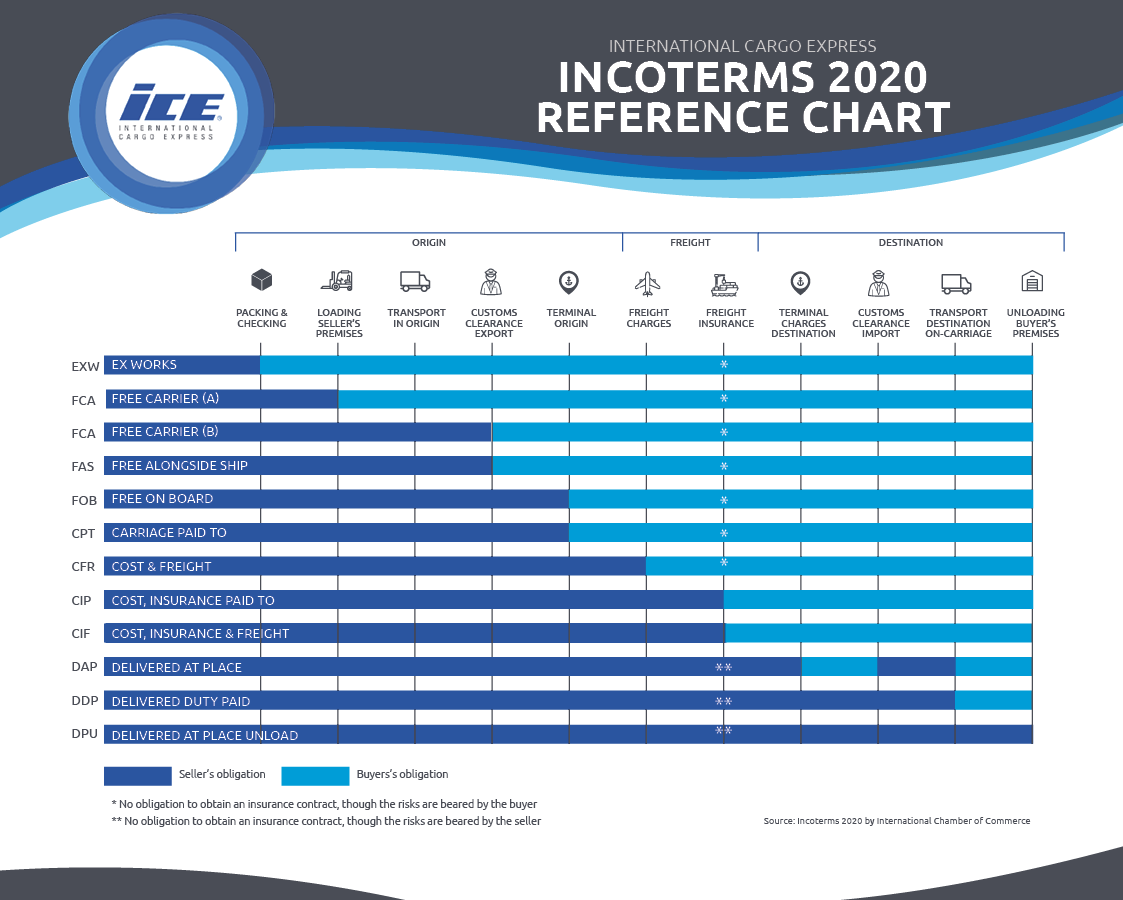Want To Make Shipping from China? Know These 7 Key Factors First
October 28, 2022 Uncategorized

You may be just starting out your shipping journey, you may have a product in mind that you know will perform well on the market, but how do you make money when you need to move goods internationally?
If you’re looking for some simple ways to make money shipping from China, you’re in the right place. The East Asian nation is one of the world’s leading exporting countries and, in this article, we will assess why China dominates global trade and explore the key factors that impact your bottom line when shipping from China.
Why is China the world’s top exporter?
Below are the key points as to why China has dominated the global marketplace in the 21st century.
- Low prices: A huge factor for China’s competitiveness in global exports is its low prices compared to the rest of the international market. China manages to lower their prices, especially in the manufacturing sector, to almost production-cost. This often makes orders volume driven to offset the low product prices and you may often see a MOQ (or Minimum Order Quantity) when placing your order.
- Mass production of goods: It is China’s practice of mass production that allows for their products to be sold at such a low price. As such, many of their goods quite easily compete with the same products exported at a higher price elsewhere.
- Close relationships with trading partners: China’s leading trading partners are Japan and South Korea, which are its closest neighbours by geography. China also exports a significant amount of goods to the United States and Germany. Further, as of 20 December 2015, the China – Australia Free Trade Agreement (ChAFTA) came into effect, providing a number of benefits for Australian importers and Chinese exporters. Some benefits include a large reduction of tariffs in the agricultural sector and the removal of most duties on resources and energy exports by January 2029. For Australian businesses, it has now become cheaper to trade with China.
- Cheaper raw materials: Chinese manufacturers tend to utilise raw materials at a lower price when producing their goods, allowing them to charge a cheaper rate for their exports. Chinese companies utilise and order a high volume of materials and are able to source them at significantly low prices.
- Lower taxes and duties: Many Chinese manufacturers are heavily supported by their government and can pay minimal tax, receive rebates for exporting, and take advantage of subsidised facilities and utilities, again contributing to significantly cost-effective exports. For instance, China has adopted a Value Added Tax (VAT) system, where a tax is only on the ‘value added’ to a product and once paid, is then refunded from the government to Chinese companies.

Key Decisions Impacting Your Bottom Line when Shipping from China
1. Choosing the right supplier
Supplier selection is the first step to ensure you are receiving quality items from a trustworthy partner in China at an affordable and appropriate price. Factors that come into play when deciding this include:
- Return policies – check whether your supplier will allow you to return goods that may be damaged or not up to your standard.
- Terms and conditions – always ensure your company is able to comply with the supplier’s terms and conditions so you avoid disputes in the future.
- Quality assurance – make inquiries so that you can be confident your supplier has implemented effective systems to keep your goods secure when they are shipped overseas.
- Methods of delivery – make sure you know whether your goods will be shipped by air or sea. Each method of shipping has its own advantages and disadvantages, and it is important to know which method is most appropriate for your business.
- Storage and handling – does the supplier have adequate storage and handling facilities to keep your goods secure?
- Minimum and maximum order quantities – ensure you ask your supplier what these quantities are as you may not be able to immediately purchase their required minimum order.
- Lead times – prior to making a decision, always ask about the time it takes from the moment you make your order to the delivery of your goods.
- References – if your supplier has a decent amount of contactable references, it may highlight that the supplier is well-known and reputable.
Figuring out the above and which combination of supplier qualities best suits you and your clientele will greatly enhance your chances of success when shipping goods from China.
2. Choosing the right incoterms
Incoterm is an acronym standing for international commercial terms. They are terms of trade that identify the division of costs and risks between the buyer and seller when shipping internationally.
Unfortunately, especially for new importers, suppliers can choose to promote trade on an Incoterm that is not appropriate for your business. Prior to reading on, make sure you check out our Incoterms® Beginner’s Guide to understand precisely what they are and how they can impact you when shipping goods from overseas.
The Incoterm known as Cost and Freight (CFR), for instance, is a common term that can benefit the shipper but can be too costly for the importer. The reason for this is that on CFR terms, the shipper selects which carrier ships the goods, with the risk of transferring to the importer once the goods have been placed on board.
Incoterms such as EXW (‘Ex-Works) or FOB (Free on Board) when shipping out of China, may prove more beneficial for importers. The EXW Incoterm gives the buyer complete control of all charges, whereas FOB allows the buyer to nominate the freight and reduce costly port charges on arrival. When considering what incoterm to purchase off it is always best to engage with a freight forwarder for support.

3. Understand whether air or sea freight is required
Does China seem a world away? It’s not!
Shipping freight from Shanghai via sea freight into Australia can take as little as 13 days.
It is vital to consider handling time on each end of the shipping process but, if your freight is not urgent, do not be talked into air freight unnecessarily. Whilst air freight is generally faster than sea freight, it is also considerably more expensive. Sea freight tends to allow for a greater capacity of products, so if the volume is important, plan your purchase several weeks in advance and choose a sea freight service.
4. Consider Buyers Consolidation if you have multiple suppliers
As per our blog on buyer’s consolidation or segregation, consolidating multiple smaller shipments into one larger shipment can save multiple handling charges.
By taking advantage of consolidating shipments into FCLs (Full Container Loads), a buyer can cut costs by avoiding the shipment of multiple LCLs (Less than Container Loads). Paying several sets of handling fees, doc fees, and delivery and collection fees can be avoided by consolidating cargo into FCL shipments.
Additionally, with buyer’s consolidation, you only need to track one FCL shipment instead of monitoring several LCL shipments, allowing for a more efficient order and delivery process.
5. Taking advantage of Free Trade
Since 20December 2015, Australia has had a free trade agreement with China providing for the removal of almost all duty charges on your imports. This allows importers to source goods from overseas cheaply, and retail them at profitable margins in Australia.
If you have already been paying duty, you may be able to claim this duty back through a duty refund.
6. Choosing the Right Freight Forwarder
When shipping from China, it is strongly advised to use an experienced freight forwarder to ensure you are receiving competitive rates and excellent client service. Some key considerations to take into account (and where ICE can provide benefit):
- Trust – It is critical to work with someone who will put your business needs first and provide you with the best options. Is your forwarder open about costings? Ask, for example, whether your forwarder offers to compare the costs and benefits of air and sea freight.
- In house brokers – We at ICE Cargo employ our own in-house brokerage team, which means your confidential business information is kept safe with us. You’ll have one of the leading forwarders in the industry working on your clearances, so you can be positive that your trade will flow seamlessly.
- Marine Insurance – It is vital that, when shipping from China, your goods are insured for loss, damage and theft. Can your forwarder offer you marine insurance to protect your goods at sea? At ICE, we manage a range of marine insurance solutions to ensure your goods are protected in case the worst happens.
- Visibility and communication – Once you have organised your shipment, it’s important that you know where your goods are and when they will arrive. At ICE, you’ll work with a dedicated operations team that will look after your cargo and communicate with you throughout.
7. Reviewing the trade after your goods arrive
Once your goods have arrived, it is important to review the overall trade to ensure it is a sustainable investment.
Check your expenditure versus the value of the service from all your suppliers – sometimes it is better to pay more and have a smooth experience than go cheap and experience problems along the way, such as damages and loss.
As with any purchase, it is about weighing up the quality of the product versus the quantity of the capital you are willing to part with.
Final Considerations
China is a critical contributor to the success of many new or existing businesses in Australia. It’s even been argued that “Australia’s fortunes are linked to China’s economy”.
If you’re looking for more information on how to benefit from our free trade agreement with China, or if you’ve got a question generally as to how to make money shipping from China, please contact one of our friendly specialists at ICE.
Request A Quoteor call us on 1300 227 461
Recommended For You

We Consult. We Plan. We Deliver.
- CONSULT – We discuss your specific needs.
- PLAN – We develop a bespoke tailored plan that is cost-effective & efficient.
- DELIVER – We manage your shipment and keep you updated from beginning to end.


